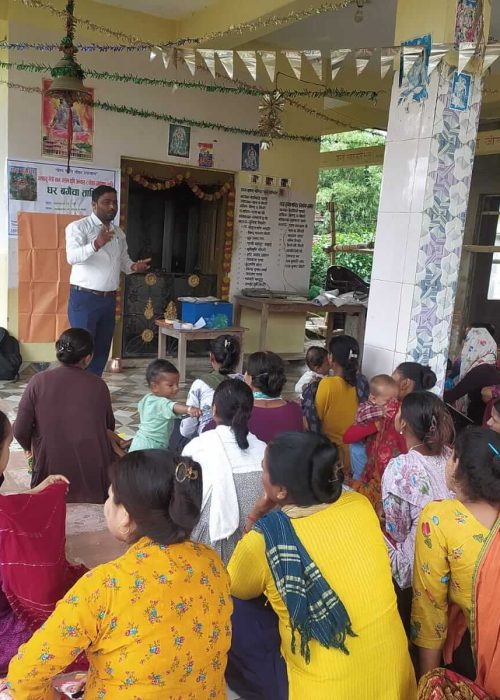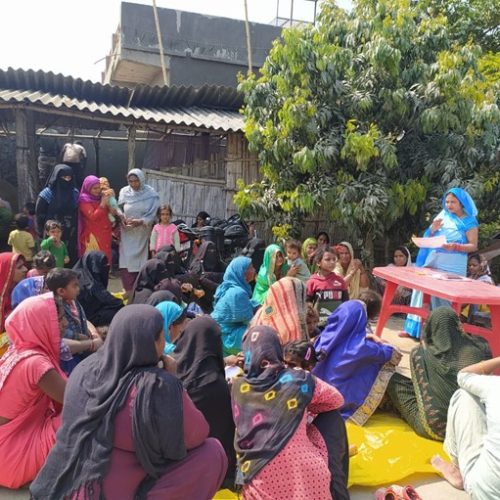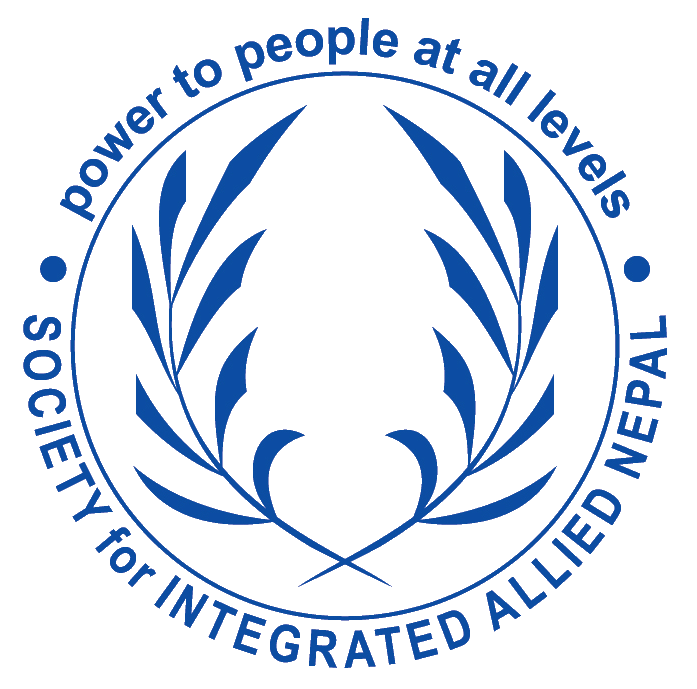GEDSI and Child Safeguarding
Gender Equality, Disability, and Social Inclusion and Child Safeguarding

Gender Equality, Disability, and Social Inclusion (GEDSI) is a comprehensive approach that recognizes that development and humanitarian outcomes can only be equitable and sustainable if the diverse needs, experiences, and rights of all individuals are explicitly considered and addressed. Gender Equality aims for equal rights, responsibilities, and opportunities for all genders, ensuring that decisions are not limited by stereotypes. Disability Inclusion focuses on ensuring that people with disabilities have the same opportunities as others to participate in every aspect of life to the fullest of their abilities. Social Inclusion broader term which ensures that all individuals and groups, especially those who are marginalized or excluded due to factors like caste, ethnicity, religion, geography, or economic status, have equitable access to resources, opportunities, and decision-making processes, leading to full participation in society.
Child Safeguarding refers to the measures and practices an organization puts in place to protect children from harm, abuse, neglect, and exploitation, both within its own operations and through its programs. It encompasses a broad range of responsibilities, including establishing clear codes of conduct for staff and partners, implementing robust recruitment procedures, providing mandatory training on child protection, setting up accessible reporting mechanisms for concerns, and ensuring that all activities are designed with children’s best interests and safety as paramount. The ultimate goal of child safeguarding is to create a safe environment where children can thrive without fear of any form of harm.
Globally, child safeguarding is rooted in the UN Convention on the Rights of the Child (UNCRC), which outlines children’s fundamental rights to protection, survival, development, and participation, and is a core principle for all organizations working with or for children. In Nepal, child safeguarding is increasingly emphasized within the legal and policy frameworks, including the Child Rights Act 2018 and related policies that codify the rights of children and outline protections against abuse and exploitation. While significant progress has been made in establishing legal provisions, challenges persist in terms of widespread awareness, consistent enforcement, and the capacity of institutions to effectively prevent and respond to child protection issues, particularly in remote areas or contexts where children are more vulnerable to various forms of exploitation.
Globally, GEDSI is central to the Sustainable Development Goals (SDGs), particularly SDG 5 (Gender Equality), SDG 10 (Reduced Inequalities), and SDG 16 (Peace, Justice, and Strong Institutions), emphasizing a “leave no one behind” principle. International conventions like the Convention on the Elimination of All Forms of Discrimination against Women (CEDAW) and the Convention on the Rights of Persons with Disabilities (CRPD) provide frameworks. In Nepal, the national context is shaped by a diverse society with historical and ongoing challenges of discrimination based on gender, caste, ethnicity, and disability. The Constitution of Nepal (2015) enshrines fundamental rights that prohibit discrimination, and various acts and policies, such as the National Policy on Persons with Disabilities, Gender Equality Act, and reservations for marginalized groups, aim to promote inclusion. Despite these legal provisions, significant disparities persist in access to education, health, employment, and political participation, particularly for women, Dalits, Janajatis, Madhesis, and persons with disabilities, especially in remote areas.
Find out what we did
SIAN in Nepal have a critical role in strengthening child safeguarding by developing and rigorously implementing comprehensive child safeguarding policies within their own organizations, ensuring all staff and partners adhere to strict codes of conduct. Additionally, it promotes accessible, child-friendly reporting and referral mechanisms, support vulnerable children and their families through protective services, and advocate for stronger child protection systems at local and national levels, thereby contributing to a safer environment for all children in Nepal.

SIAN in Nepal plays a transformative role in advancing GEDSI by implementing targeted programs that empower marginalized groups and advocate for systemic change. This includes conducting awareness campaigns to challenge discriminatory norms and practices, facilitating access to education, healthcare, and economic opportunities for women, persons with disabilities, and excluded communities. It also strengthen the capacity of these groups to demand their rights, participate in local governance, and influence policy-making processes. Furthermore, it fosters understanding and partnerships with government bodies, civil society organizations, and community leaders to mainstream GEDSI principles across all development sectors and ensure a truly inclusive society.

